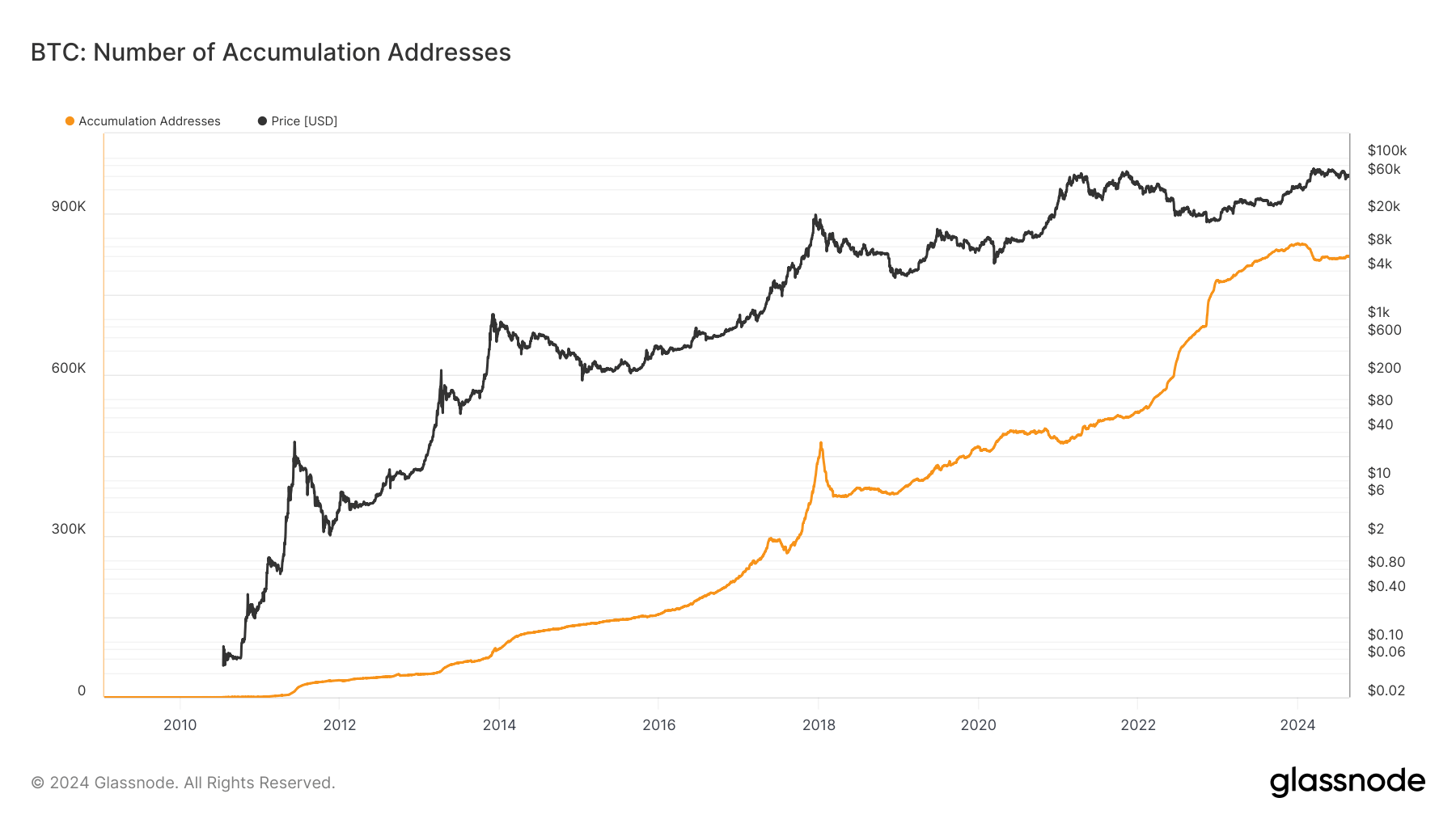The world of decentralized finance (DeFi) continues to expand, and with it, the need for protecting digital assets. With the development of cryptocurrencies and blockchain technology, safeguarding investments has become extremely important.
This is where DeFi insurance comes into play. In this blog post, we will explore the concept of DeFi insurance, its importance, and how it works. We will also discuss the different types of coverage available and the key players in the market.
What is DeFi Insurance?
DeFi insurance refers to insurance services provided within the decentralized finance ecosystem. Unlike traditional insurance, which is typically offered by centralized companies, DeFi insurance is decentralized.
This means that it operates on blockchain networks, using smart contracts to automate processes and ensure transparency. The primary goal of DeFi insurance is to protect crypto assets from various risks, such as hacks, smart contract failures, and market volatility.
Key Features of DeFi Insurance:
- Decentralized Coverage: Unlike traditional insurance, DeFi insurance operates on decentralized networks, reducing the reliance on central authorities.
- Smart Contract Insurance: Policies are governed by smart contracts, which automate claims processing and payouts.
- Risk Management: DeFi insurance provides a layer of protection, helping investors manage the risks associated with digital assets.
Why is DeFi Insurance Important?
The importance of DeFi insurance cannot be overstated. As the DeFi space grows, so do the risks. Hackers are constantly looking for vulnerabilities in smart contracts and blockchain networks. In 2022 alone, the DeFi sector witnessed over $1 billion in losses due to hacks and exploits. Without proper protection, investors can lose significant amounts of money. DeFi insurance offers a safety net, providing compensation in case of losses. It also promotes confidence among investors, encouraging more people to participate in the DeFi space.
How Does DeFi Insurance Work?
DeFi insurance operates differently from traditional insurance. Instead of dealing with a centralized company, users interact with smart contracts. Here’s how it works:
- Policy Purchase: Users purchase an insurance policy by paying a premium in cryptocurrency. The policy is governed by a smart contract, which outlines the terms and conditions.
- Coverage Period: The policy covers a specific period, during which the user’s assets are protected against predefined risks.
- Claim Filing: If a covered event occurs, such as a hack or smart contract failure, the user can file a claim through the smart contract.
- Claims Assessment: The smart contract assesses the claim based on predefined conditions and available data.
- Payout: If the claim is valid, the smart contract automatically triggers a payout, compensating the user for their loss.
Types of DeFi Insurance Coverage
DeFi insurance offers various types of coverage to address different risks. Some common types include:
- Smart Contract Insurance: Covers losses due to vulnerabilities or exploits in smart contracts. This is particularly important as smart contracts are the backbone of the DeFi ecosystem.
- Custodian Insurance: Provides protection against losses resulting from the failure of custodial services, such as exchanges or wallets.
- Market Insurance: Covers losses due to significant market fluctuations or price drops. This type of coverage is useful for traders and investors looking to protect their portfolios.
- Liquidity Pool Insurance: Protects against losses in liquidity pools, which are essential for DeFi protocols. It covers risks like impermanent loss or protocol failure.
Types of DeFi Insurance Coverage
Type of Coverage | Description |
Smart Contract Insurance | Protects against smart contract vulnerabilities and hacks |
Custodian Insurance | Covers losses from custodial service failures |
Market Insurance | Protects against significant market fluctuations |
Liquidity Pool Insurance | Covers risks associated with liquidity pools |
Key Players in the DeFi Insurance Market
Several platforms and protocols offer DeFi insurance, each with unique features and coverage options. Some of the notable players include:
- Nexus Mutual: One of the pioneers in the DeFi insurance space, offering coverage against smart contract failures.
- Cover Protocol: Provides peer-to-peer coverage for various DeFi risks, including smart contract vulnerabilities.
- Etherisc: Focuses on decentralized insurance applications, offering coverage for flight delays, crop insurance, and more.
- InsurAce: Offers a wide range of DeFi insurance products, including coverage for centralized exchanges and stablecoins.
Key Players in DeFi Insurance
Platform | Key Features |
Nexus Mutual | Smart contract coverage, staking-based governance |
Cover Protocol | Peer-to-peer coverage, flexible policy terms |
Etherisc | Decentralized applications, diverse insurance products |
InsurAce | Broad coverage options, cross-chain compatibility |
Advantages of DeFi Insurance
DeFi insurance offers several advantages over traditional insurance:
- Transparency: All transactions and policies are recorded on the blockchain, ensuring transparency and reducing the risk of fraud.
- Accessibility: Anyone with an internet connection can access DeFi insurance products, without the need for intermediaries.
- Automation: Smart contracts automate the entire insurance process, from policy issuance to claim payouts, reducing the need for manual intervention.
- Cost-Effective: DeFi insurance often has lower premiums compared to traditional insurance, as it eliminates many administrative costs.
Challenges and Risks
While DeFi insurance offers numerous benefits, it also comes with challenges and risks:
- Regulatory Uncertainty: The regulatory landscape for DeFi insurance is still evolving, which could impact the availability and legality of certain products.
- Smart Contract Risks: Although DeFi insurance protects against smart contract failures, the insurance contracts themselves can be vulnerable to bugs or exploits.
- Limited Coverage: Some DeFi insurance products may have limited coverage options, making it challenging to find comprehensive protection.
Future of DeFi Insurance
The future of DeFi insurance looks promising as the DeFi sector continues to grow. As more people invest in digital assets, the demand for reliable protection will increase. We can expect to see new products and services, including more comprehensive coverage options and innovative risk management solutions.
Additionally, advancements in blockchain technology will enhance the security and efficiency of DeFi insurance platforms.
DeFi insurance plays a vital role in protecting digital assets within the decentralized finance ecosystem. By offering decentralized coverage and smart contract insurance, it provides a safety net for investors and users.
While there are challenges and risks, the benefits of DeFi insurance, such as transparency and automation, make it an attractive option. As the market evolves, we can expect to see even more sophisticated and accessible DeFi insurance products, ensuring that users can manage their risks effectively.
In conclusion, DeFi insurance is an essential component of the DeFi landscape, providing much-needed crypto protection. Whether you’re a seasoned investor or new to the world of digital assets, understanding and utilizing DeFi insurance can help safeguard your investments and provide peace of mind.
Remember, investing in cryptocurrencies involves risks, and it’s important to conduct thorough research and seek professional advice before making any financial decisions. (Please keep in mind that this post is solely for informative purposes and should not be construed as financial or investment advice.)

















 English (US) ·
English (US) ·